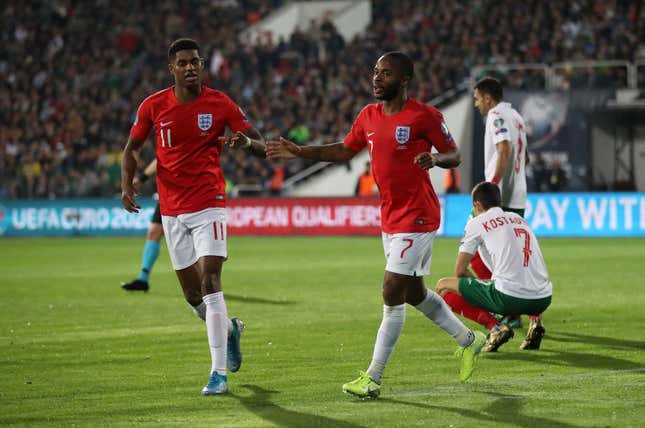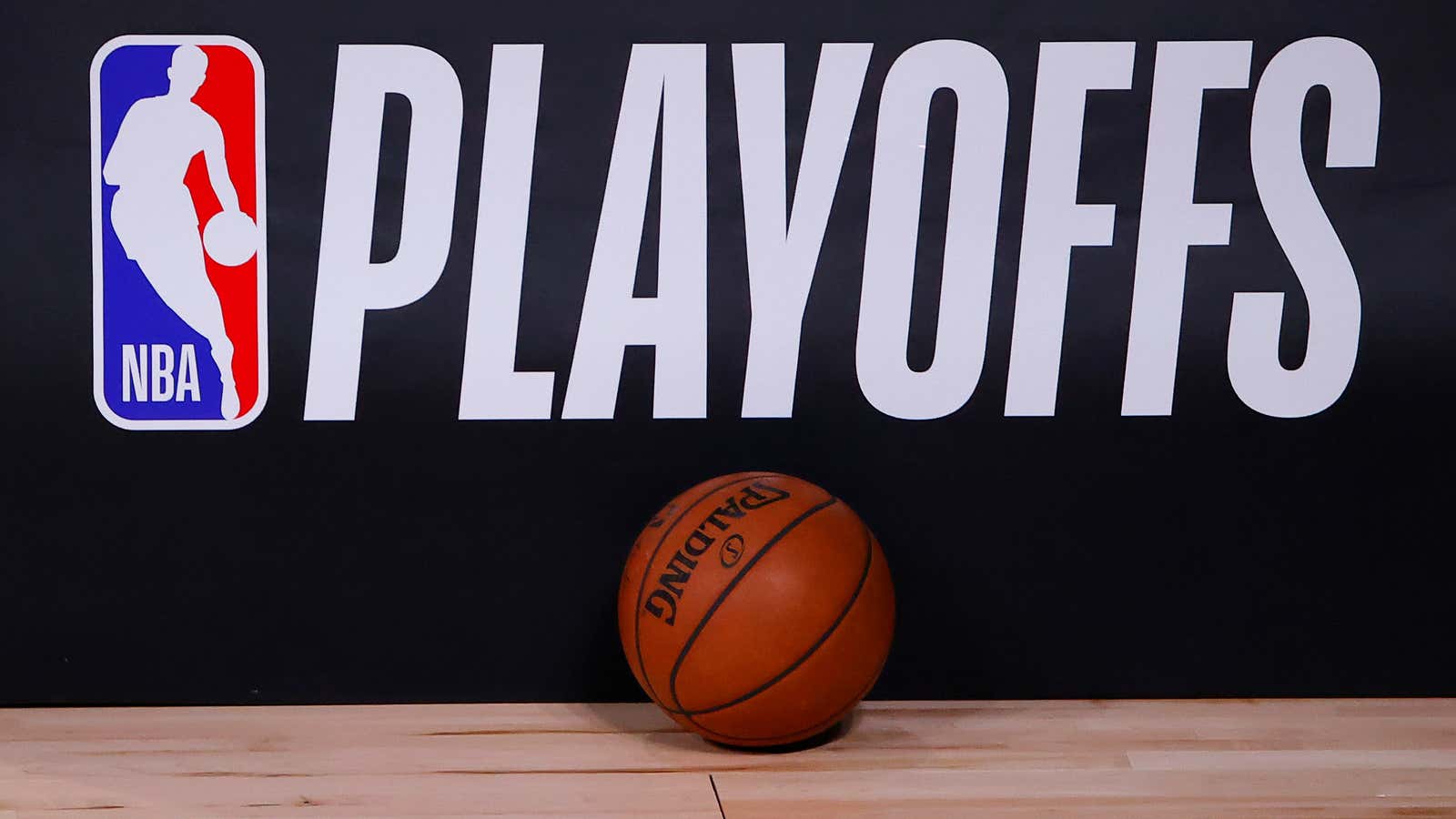Four years to the day after the world noticed National Football League quarterback Colin Kaepernick’s peaceful protest against police brutality, the National Basketball Association’s Milwaukee Bucks on Aug. 26 brought their league to a halt over the same issue—this time, the shooting of Jacob Blake by police in Kenosha, Wisconsin.
The decision by the Bucks—a favorite to win this year’s championship—to abandon their playoff match quickly spread around the league, resulting in at least two days of postponed matches and parallel strikes by players and teams across the WNBA, Major League Baseball, Major League Soccer, and Tennis.
Even before coronavirus forced the NBA into a bubble on Disney property in Florida, there were calls from players to abandon the season due to ongoing police violence and Black Lives Matter protests. In July, WNBA players staged what was arguably the most powerful protest yet, with players walking off the court before the National Anthem. Maya Moore, one of the most decorated champions in the history of the WNBA, went as far as to leave the league last year to successfully help overturn a prisoner’s conviction.
Europe has also seen a new level of social activism among soccer stars, with English national team players Marcus Rashford and Raheem Sterling making tangible gains on issues from childhood hunger to racial equality.

But what happened on Wednesday night was different. There has never been a similar refusal to play in the history of American sports, and it’s no coincidence that it took NBA stars to move athletic activism beyond awareness-raising to real action.
As a group, NBA stars have more impact in today’s media environment than the stars of other professional sports leagues. First, scarcity is at play. With a maximum roster size of 15—compared to 23 in hockey, 26 for baseball, and 53 for football—there are fewer active NBA players than any other professional league.
That also makes them richer. The NBA collective bargaining agreement stipulates that around 51% of the revenue the league generates goes to players. With fewer mouths to feed, the average NBA player is better compensated than players in other leagues.
The relative rarity of NBA athletes also contributes to larger social media followings. Globally, NBA players rank behind only European soccer stars in social media clout, with 11 of the top 100 most-followed athletes hailing from the league, according to athlete marketing platform Opendorse.
And it’s not just players’ profiles elevating the NBA’s brand. In 2018, NBA commissioner Adam Silver made the decision to allow highlights to proliferate more or less freely across social media. That’s unlike the NFL, which does not allow teams to share highlights or GIFs of gameplay on their verified social media channels. Silver has even turned digital highlights into a revenue stream, selling advertising against the clips on YouTube and other platforms.
Finally, to actually watch the vast majority of live NBA games requires a cable TV subscription or the purchase of an over-the-top package, while the NFL and MLB still show a large portion of their games on network TV. With US cable subscriptions falling fast, the only place younger NBA fans might get to see their favorite players are on social media platforms, where Black Lives Matters movements are being discussed alongside slam dunks.
It’s too soon to tell whether this week’s rash of walkouts will fuel a broader shift towards activism in pro sports. On Thursday, the league agreed to resume play—it’s already losing $500 million in ticket sales due to the pandemic, and the playoffs account for $1 billion in revenue. But there’s also reason to hope: After speaking with Bucks players on Wednesday, Wisconsin lieutenant governor Tony Evers called a special session of the state legislature to urge a vote on a legislative package that includes police reform.
“They just wanted to know what they could do,” Barnes told a reporter for ESPN of the Bucks. “They wanted something tangible that they could do in the short and long term. They wanted the walkout to be Step 1.”
